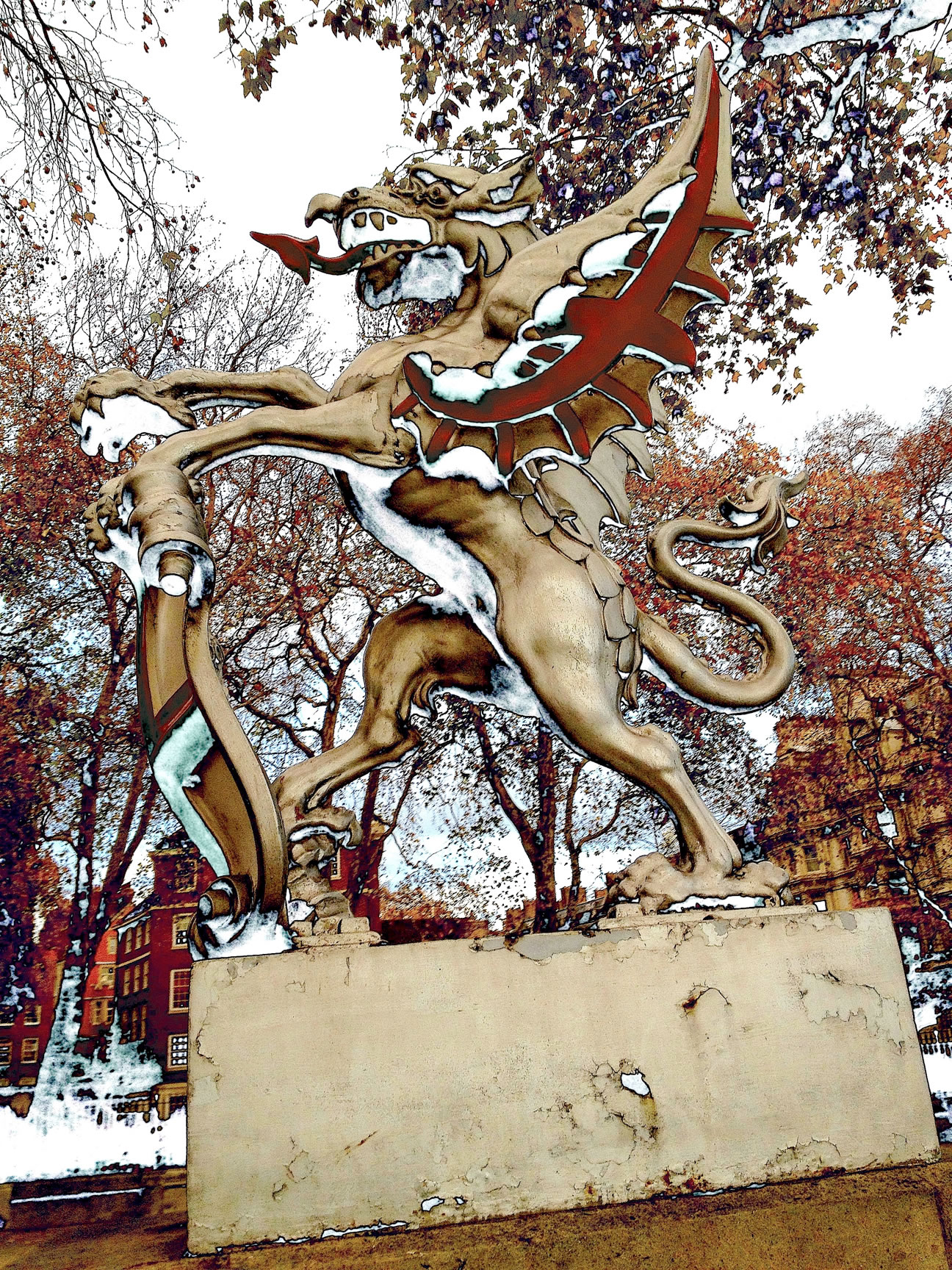The Gospel imperative is broken.
The pay gap between the highest and lowest paid in the UK has grown faster than in any other developed country, spiking since 2005. In 2008, average income of the top 10 percent was 12 times that of the lowest. Their riches grow. We others are told to tighten belts. Tax rates for the wealthiest have dropped, even as the gap between the merely rich and the utterly wealthy has grown.
One of capitalism’s defences is the outrage-fatigue it engenders.
We’re approaching Victorian levels of inequality, and London’s more unequal than anywhere else in the country. Here, the richest 10 percent hold two thirds of all wealth, the poorest half, one 20th. A fifth of working residents in the London boroughs of Brent, Newham, Waltham Forest, Barking and Dagenham earn less than a living wage. Unemployment in the city is above 400,000, and rising. Almost a quarter of young Londoners are out of work. A wrenching 40 percent of London children live in poverty.
The numbers mean death. Travel the grey Jubilee line. Eight stops, east from Westminster to Canning Town. Each stop, local life expectancy goes down a year.
From where you’ve got out, over the river you can see the dome, blister-memento of London’s pathetic millennium.

2011. Stagnation and money cataclysm. Boardroom pay goes up 50 percent. Still, in London, defenders of privilege aren’t quite so prone to open swagger as their US counterparts. Yes, magazines like Hello and Heat, programs like Made in Chelsea, celebrate conspicuous consumption by celebrities and local gilded youth. Yes, the Financial Times’ ‘How To Spend It’ supplement, a guide to luxury and chic commodities, is enough to make a placid liberal nostalgic for the guillotine.
But the propaganda never fully took. 1998: Lord Mandelson, New Labour grandee, declares that Labour – that traditionally working-class party – is ‘intensely relaxed about people getting filthy rich’. People, though, refuse to forget that the filthy riches of the filthy rich are not unrelated to the filthy poverty of others. The declaration remained infamous.
Arguments for swollen pay packets among London’s one percent and their apparatchiks tend to have a semi-apologetic, semi-sulky ring: it’s necessity, the global market, the like-it-or-not real world. Not, as might be more common on Wall Street, moral right. Ineluctibility as self-justification: its fans cite the City of London’s strength, its riches, as reason not to target its riches, its strength.
We slump under sado-monetarism. There are other ways. For years Alan Freeman was an economist with the Greater London Authority, working with both mayors. He leans forward in his chair, explaining what’s wrong with London’s still-massive economy, and how to fix it. He bullet points. ‘Build two million homes ... Edufare in the place of workfare ... Invest in innovation. Quintuple government funding of R&D, extend R&D to the arts. ... Put growth back and (it’s easy to show) the tax coffers will overflow.’
Statues of dragons punctuate the streets of the City, symbols of the area. Less Beasts of Revelation than priggish, arch draconine bureaucrats, more tetchy than rampant. But they guard gold like Smaug.

 Single page view
Single page view
